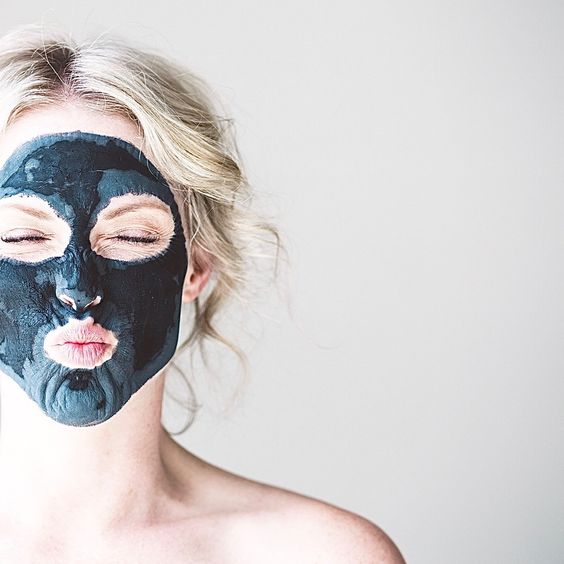
If you thought acne is only a teenage thing, you are wrong. And while it is easy for your clear skinned friends to brush negative psychosocial effects of acne as “vanity”, anyone suffering from acne will probably be able to attest to the self-esteem issues that this condition brings.
If you are like the millions out there who try to figure out their own acne treatments, it can get really overwhelming. There are topicals, oral acne medication and acne laser treatments, which one is best for you? We teach you the approach to beating acne, backed by hard science.
INFLAMMATORY VERSUS NON-INFLAMMATORY ACNE
There are probably many terms you’ve probably come across, forget them. Acne can be simply classified as inflammatory, or non-inflammatory. Inflammatory acne are zits that are red and painful, whereas non-inflammatory ones are not, and includes comedones. Bacterial infections are commonly related to inflammatory acne.
Some experts believe that all acne is hormonal, and treatment involves reviewing the appearance of cysts, pattern of appearance and other factors such as gender. Acne basically occurs when our skin pores get clogged with oil – helped by unfriendly hormones and a buildup of dead skin cells.
ACNE NEEDS TO BE TACKLED ON ALL FRONTS
There is no single treatment that will clear acne efficiently on its own, most of the time, we will need multiple approaches.
1. Acne Topicals
These are acne products that are applied. The simplest would be benzoyl peroxide – everyone’s default “pimple cream”. These help break out stuff that clogs the pores and also reduces the inflammation. Chemical exfoliants remove dead skin cells. Salicylic acid is a beta hydroxy acid (BHA) – this means that it is oil-soluble and is able to penetrate through the skin to deeper levels to unclog them. Superstar facials such as Deep Deep Clean are salicylic acid – centric and helps to keep the skin clear.
Stubborn acne can be addressed with topical retinoids such as adapalene. Doctors may prescribe topical antibiotics as well.
2. Oral Acne Medications
Oral acne medications are always prescribed by the doctor. Antibiotics such as doxycycline are commonly used but may need to be taken for several months to see an effect – which can get some worried about antibiotic resistance.
If acne is believed to be due to hormonal shifts in women, some birth control pills such as Diane-35 or others such as spironolactone can keep nasty flares under control.
3. In-Clinic Procedures
The problem is while topicals can be effective, the problems come when you start to pile them on altogether. In-clinic acne treatments mitigate this by using laser or light energies to tone down inflammation and redness.
Inflammed acne can be treated with pulsed dye lasers such as the VBeam Perfecta. This laser doubles up the action by reducing redness as well as inflammation at the same time. The Forever Clear BBL is an FDA-approved acne treatment that delivers light energy to eliminate acne-causing bacteria and also stimulate collagen for wound repair.
